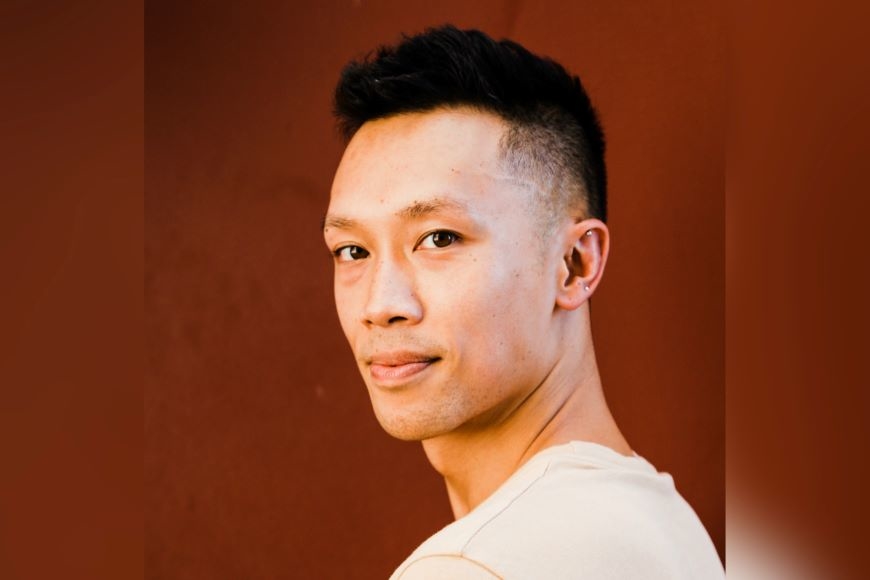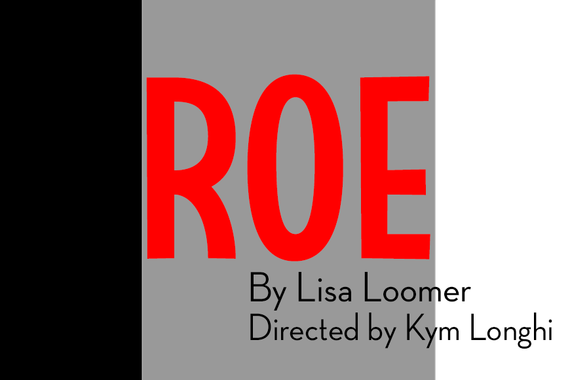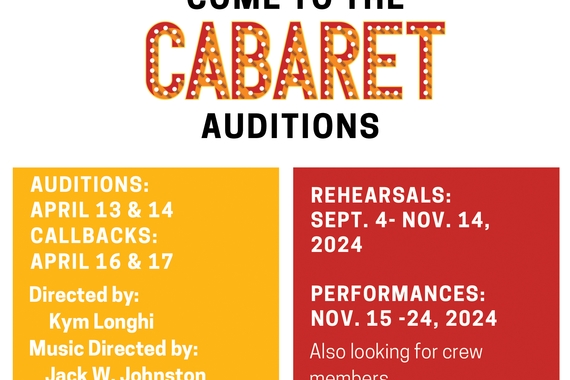Standing Out in the Dance World: Insights from a Professional Dancer
Alexander Pham (BFA ‘15, dance and BS ‘15, human resource development) didn’t enter college with the dream of dancing professionally. But now, he finds himself touring with a full-time dance company across the country and the world. Pham urges students to network and keep an open mind, as “the dance world has a mysterious way of taking you to unexpected places.”
Where do you currently work? What’s your favorite thing about what you do?
I am currently a professional dancer with Ririe-Woodbury Dance Company, a full-time contemporary dance company based in Salt Lake City. The company is committed to furthering contemporary dance as an accessible and valued art form through performance and dance education that raise the standards, deepen the understanding, and promote personal connections with dance. My favorite part about dancing professionally is the many connections that I get to make and sustain through dance with various populations nationally and internationally.
Which of the CLA core career competencies has helped you the most in your career?
Of the CLA core career competencies, I would say the following have been the most resonant in my career as professional dancer: Innovation & Creativity, Engaging Diversity, and Active Citizenship & Community Engagement.
How has the dance industry changed since you began your career? How should current students take advantage of these changes?
The biggest thing that has changed in the dance industry since I've been a professional dancer is the way artistic directors of concert dance companies are now looking beyond just hiring someone who is technically proficient. In addition to being proficient in dance, the people at the front of the room are also looking for individuals who bring their identity, self-awareness, unique lived experiences, personal understanding of social and political climates, and knowledge in other backgrounds to the table. There are so many talented artists coming out from the emerging generation of dance artists, and it's important to be able to stand out in a way that is reflective and resonant to the things happening in our world today.
Another change is also how professional dancers are actively exercising more self-awareness and agency in creating their own paths in dance. The old-school model of dancers monotonously doing what they're told by choreographers or artistic directors is no longer the norm. There is much more collaboration now and almost an expectation for dancers to be able to work creatively in the rehearsal setting with their peers or choreographer. A full-time company contract is also not the one and only route to becoming a professional dancer and it is also not the only signifier of a successful dance career. There are so many dancing opportunities and work in the dance field, that no two individuals will ever have the same career trajectory, success, or want for that matter.
The dance industry is vast, so a lot of research and self-reflection is required when considering a profession in dance. You have to really love dancing to pursue what can be a hard profession sustainability-wise, but I would never give up what has been such a beautiful and rewarding adventure that has given me so many incredible and fulfilling opportunities.
If you could go back to your time in college, what advice would you give to yourself at that age?
I encourage any student who is considering a profession in the dance industry to:
- Be clear and confident in knowing what you bring to the table as an artist. Every dance artist should also have a personal mission statement—i.e., why do you dance, what do you love about dance, what are your goals as a dance artist?
- Research. Do a lot of research so you know what opportunities excite you and are the right fit, and which ones are not. Also, make sure that you are the one vested in these interests and to not be interested in something just because it seems popular or someone else thinks you should be.
- Experience. Take summer intensives and master classes. If you are interested in a certain company, go to their summer intensive or take an open class. If you are considering a certain city, place yourself there for a few weeks and familiarize yourself with the dance community through class or other offerings to see if it's a good fit.
- Network. Connect now with mentors and people who can help you move forward on the path you desire or can connect you to someone who can. The dance world is a small world and someone always knows someone else that will be the person that you end up landing an opportunity from. Also, keep in touch with people you work with that you would like to work with in the future and always work to make a positive impression on these people.
- Know when to say no and set clear boundaries. Especially when first starting out it can feel easy to say yes to everything, but burnout is real and taking on unfulfilling opportunities just to dance is never a good choice.
- Give yourself grace. I had no idea that I wanted to pursue dance professionally until my junior year in the dance program. I have also pursued various opportunities and taken on contracts that I never had envisioned for myself, but was excited to be presented with or encounter. This is to say that you may have an idea or expectation about how you may see your career pan out, but the dance world has a mysterious way of taking you to unexpected places at times.
What future endeavors are you looking forward to? How will your liberal arts education help you along the way?
As of right now, I am very fortunate to be dancing with a company that I love and that I am able to perform and tour with, especially after many artists' careers came to a halt during the first year to two years of the pandemic. I look forward to hopefully touring internationally soon and I would still love to dance abroad in Europe or Asia if the opportunity permits.
It was my CLA education and time in the U of M dance department that really laid the groundwork and connections for my professional career in dance. I became a well-rounded artist, and I connected with Donald Byrd during my junior year in the dance program, who eventually offered me a full-time contract after graduation for Spectrum Dance Theater in Seattle. This was in many ways the catalyst of all the opportunities to come. I am still connected to many professors and now colleagues who also graduated from the U of M, and somehow we all keep connecting and intertwining on our individual paths/careers in such lovely and unexpected ways.
In 2022, we caught up with six alumni of the Department of Theatre Arts & Dance. Read other interviews in the collection.


